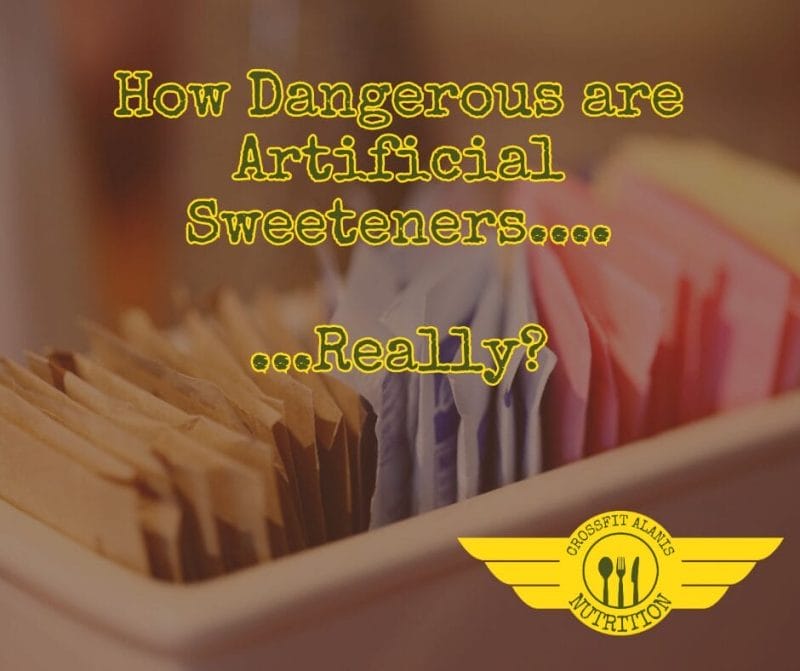Many folks are using artificial sweeteners believing that these are healthier options than regular sugar. But, will these artificial sweeteners really serve as your gateway to a world filled with sweetness but devoid of consequences? Let’s take a good look at some of the common sugar substitutes and their known effects.
ASPARTAME
Aspartame is a substance that is present in many artificial sweeteners sold today. Despite a growing number of scientific studies which have shown that aspartame can cause several adverse effects on human health, consumers continue the use of artificial sweeteners that contain aspartame. Several studies have repeatedly demonstrated that aspartame can cause lymphoma, leukemia and tumors – THIS IS CANCER, FRIENDS!
These studies used laboratory rats but researchers believe the results of its effects on animals can be correlated to human health, sufficient that aspartame should be avoided. There is also evidence to prove that aspartame can worsen an individual’s insulin sensitivity. This is bad news to diabetics who were led to believe that artificial sweeteners can be their safe alternative to sugar.
SUCRALOSE
A study conducted on severely obese people who were not regular consumers of artificial sweeteners resulted in higher blood sugar peaks after drinking sucralose. Researchers also found out that sucralose consumption causes insulin levels to increase by as much as 20%.
Splenda, which is a well-known brand of sucralose was downgraded from being classified as “safe” to “caution” after an Italian study showed a significant link between sucralose consumption and the development of leukemia. It is for this reason that researchers state that sucralose should not be consumed by pregnant mothers and children.
This prohibition must be observed until appropriate studies and significant results show that sucralose is safe and is not a cancer-causing substance, says Dr.
Morando Soffritti of Ramazzini Institute in Bologna, Italy. Unfortunately, the United States FDA had already approved the use of Splenda as a tabletop sweetener.
SACCHARIN
During the 1970s saccharin was a subject of controversy as it was linked to bladder tumors in rats. However, in 2000 the FDA allowed it to be sold even without this warning label. The approval from the FDA was based on a 1977 study which did not show any significant link between saccharin and bladder tumors, claiming that laboratory rats had been fed with very high doses of saccharin.
However, in 2008 another study was conducted on the use of saccharin and experts discovered that rats fed with saccharin gained more weight. There has also been speculation about the link between Alzheimer’s disease and saccharin consumption. Some researchers also claim that saccharin may not be safe for pregnant mothers because it may harm the fetus.
Make Your Own Decisions
Although the proclaimed charter of the FDA is to protect human health, its approvals are based on the science of the day. Many approved products have been subsequently revoked. Many health researchers also believe that approval of a product by the FDA is no guarantee of safety. Anyone concerned about their health should perform their own research.
Although excessive sugar consumption is detrimental to human health, substitution with artificial sweeteners may as bad or worse. At the end of the day, the human body is not designed to deal with an overload of sweeteners.
For our health’s sake, we would do far better to train our tastes to healthier food sources.
***Are you ready to take control of your life back? Meet with our Board Certified Holistic Nutritionist to learn more about how we can help you create a nutrition plan that is right for you. Click HERE for your Alanis Nutrition Intro Consultation




